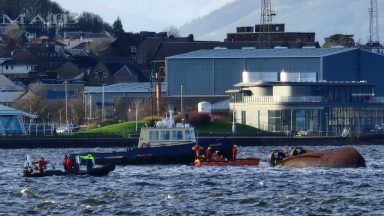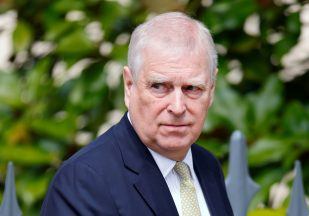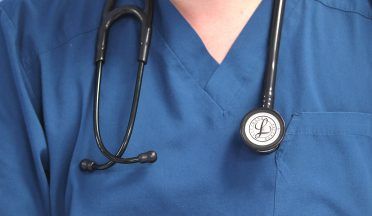Scottish scientists have been awarded funding to work on a “ground-breaking” anti-cancer drug that could be “up to 500 times more effective” than current treatments.
Research at the University of Edinburgh is still in its early stages, but it aims to target blood and solid cancers.
The Scottish Government awarded a share of nearly £3m to the project through its pilot Proof of Concept Fund that aims to encourage innovation.
It was one of 18 innovation projects across ten Scottish universities to receive a portion of the £2.95m investment.
Other projects being funded include a laser system that can detect faults in aircraft engines in five minutes – some 25 minutes quicker than other tools – and a new radiation-free ultrasound to detect breast cancer which could be developed as an alternative to current mammograms.
Work to develop an alternative to palm oil – a common ingredient in many foods – which would be healthier, more sustainable and with fewer calories is also being funded.
Deputy First Minister Kate Forbes saw demonstrations from three of the successful ideas, including Edinburgh University’s anti-cancer treatment, on Thursday.
“Scotland’s world-class universities have the ideas and inventions to help tackle global problems and improve lives,” she said.
“This new Proof of Concept Fund and will help bridge the gap between theory and practice, translating research into real-world impact which in turn drives Scotland’s economic transformation.
“The successful projects that we are supporting are quite simply inspiring. They have the potential to be lifesaving and life changing.”
The Scottish Government said each project represents “significant and largely untapped economic opportunities”, and has “potential wide-ranging societal benefits”.
Professor David Argyle, vice-principal and head of college of medicine and veterinary medicine at the University of Edinburgh, said the funding is a “welcome endorsement of the exceptional innovation underway across Scotland”.
“The transition from ground-breaking discovery to real-world application is one of the most critical stages in research,” he said.
“At Edinburgh, the investment in pioneering cancer treatments, lab-grown tissue models and improved detection of aircraft faults shows how this work can hugely benefit people’s lives while also strengthening the economy.”
Follow STV News on WhatsApp
Scan the QR code on your mobile device for all the latest news from around the country


 iStock
iStock

























